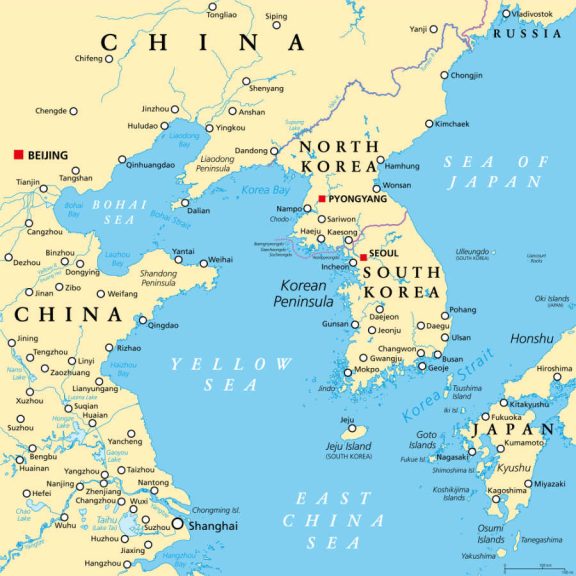The Secretary of the Russian Security Council, Sergei Shoigu, has met with the North Korean leader Kim Jong-un in Pyongyang, with the Korean Central News Agency (KCNA) stating that the North Korean government will continue to “unconditionally support Moscow” in the conflict in Ukraine.
Their statement read, “Comrade Kim Jong-un assured that the government of the DPRK will continue to unconditionally support Russia’s position and foreign policy in all serious international political issues, primarily around Ukraine, and will responsibly comply with the articles of the Korean-Russian interstate treaty.”
During the meeting between Shoigu and Kim, discussions involved further cooperation and strengthening of the strategic partnership between Russia and North Korea. KCNA specified that “The opinions of both countries on the development of the conflict in Ukraine completely coincide, and Kim Jong-un expressed hope and confidence in the inevitable victory of the Russian Federation in the area of protecting the sovereignty of the state and security interests.”

The two also discussed the political situation in South Korea, which has just elected Lee Jae-myung as a new president. The country has been in political disarray for months following a crackdown on political dissent and the impeachment and arrest of the previous president. Lee is expected to take a more moderate line. His appointment will be of intense interest in Pyongyang.
Beyond the political blandness of the KCNA statements and the secrecy involving Russia-North Korean trade, the deployment of North Korean troops to the Ukrainian front lines appears to have been a success. Russia has recaptured the Kursk region, with President Putin himself appearing highly impressed with their deployment. Further deployments of Korean troops cannot be ruled out, especially as South Korea, with a new president, will not want to become involved in any border conflict with Pyongyang. That suggests a larger DPRK military contingent could be freed up to support Russia.
Russia is also involved in increasing agricultural exports to the DPRK in addition to improving cross-border infrastructure access.
Further Reading
Russia to Ratify ‘Strategic Partnership Agreement’ with North Korea: Implications

 Русский
Русский













